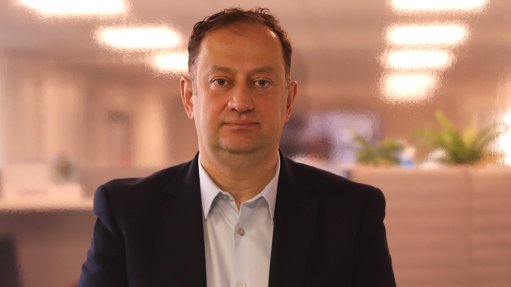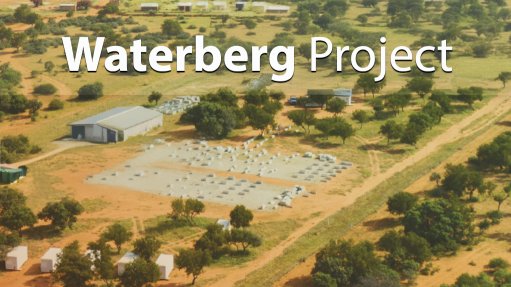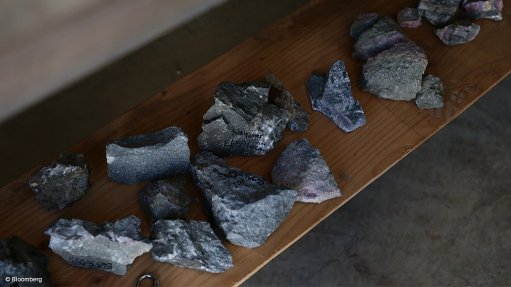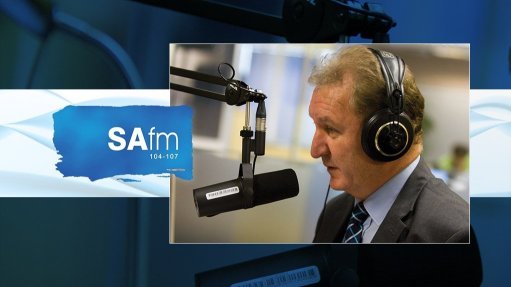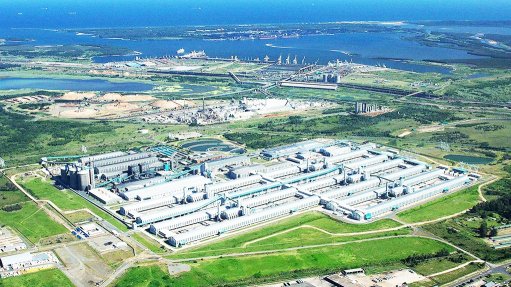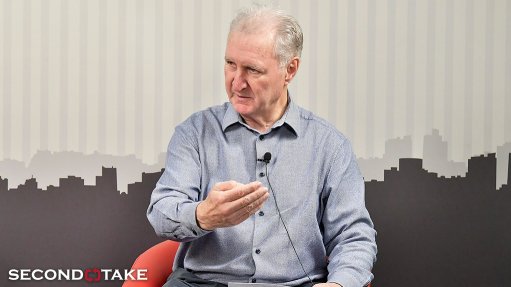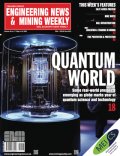Localisation key to unlocking potential

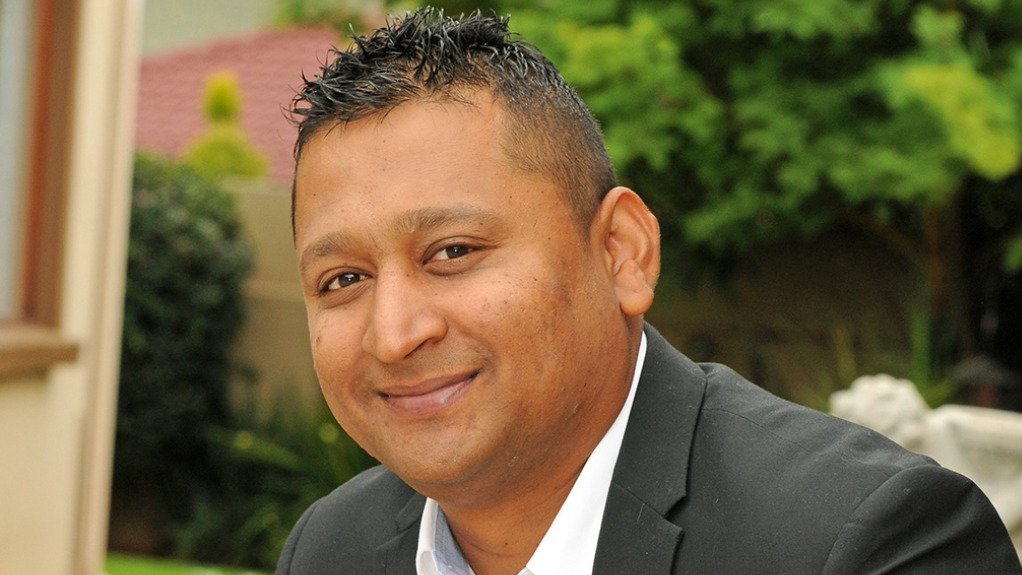
AMITH SINGH Nedbank believes that the automotive sector is one of the utmost importance and, as such, partners with industry associations to aid the manufacturing ecosystem
Efforts to catalyse the localisation of the automotive component manufacturing sector are critical to economic development, says financial services company Nedbank Commercial Banking manufacturing national manager Amith Singh.
Increased localisation efforts facilitate job creation and security while potentially unlocking greater economic opportunities.
“With an ever-changing global landscape, supply chain disruptions are more prevalent and, by localising component manufacturing, the sector is able to mitigate this risk and potentially reduce costs, which would benefit the entire manufacturing ecosystem,” adds Singh.
He asserts that original-equipment manufacturers (OEMs) are competing in an aggressive environment, with traditional brands constantly under threat from new market entrants.
Nedbank notes that safety, reliability and costs are important factors amid a sizable increase in the personalisation of vehicles and, by localising the sector, buyers would have greater options for personalisation at better prices that are more suited to the South African car market.
Given the migration from internal combustion engines to new electric vehicles, the financial institution adds that localising component manufacturing would remove having to transport “a vast number” of components, thereby reducing emissions and making the sector more environment-friendly.
Singh points out that many of the OEMs that operate from South Africa believe in the localisation of the component manufacturing sector so strongly that they have jointly funded the Automotive Industry Transformation Fund (AITF).
This fund is mandated to assist the sector in terms of market access, funding, capacity development, training and enterprise development, as well as research and development.
Nedbank affirms that this type of initiative is in accordance with the South African Automotive Industry Masterplan 2035 (SAAIM), which aims to increase local content in vehicles to 60% by 2035 and recognises the strategic importance of localisation for economic and industrial development.
Nedbank is fully supportive of the imperative of sourcing more components locally to provide a substantial boost for local manufacturers and, ultimately, increase investment in technology and skills development.
Singh notes that the component manufacturing sector has matured and that advancements in technology and skills will also help to increase exports and grow the economy.
Growth within the component manufacturing sector can be achieved only with supportive policies and incentives that promote local manufacturers, and strong industry bodies – such as the National Association of Automotive Component and Allied Manufacturers (NAACAM) – advocating for the sector, he says.
“At Nedbank, we believe that the automotive sector is one that is of utmost importance and, as such, we partner with industry associations to aid . . . the manufacturing ecosystem by tailoring our approach to the sector,” he adds.
Nedbank has a full range of solutions that promote production efficiencies through the adoption of technology and equipment, as well as a “deep understanding” of the legacy and future of the sector, which enables it to continue partnering with stakeholders and ensure that it caters to varying growth aspirations.
Sector Sustainability, Growth Potential
Singh outlines that the sustainability of the manufacturing sector does not depend only on localisation, but advances that it could play an important role, noting that importing components is becoming more costly amid increasing logistical constraints affecting the country.
Endeavours to localise the production of manufactured components are viewed by the bank as a way of creating a more self-sufficient manufacturing sector that is more adaptable to future needs while mitigating risk.
Nedbank welcomes the support of government and notes that efforts to prioritise the localisation agenda provide “some comfort” for local and global investors.
Such comfort is evidenced by recent investments, including a recent announcement by multinational automotive manufacturing company Stellantis of its R3-billion investment to establish a new factory in the Coega Special Economic Zone, in the Eastern Cape, the bank notes.
Additionally, NAACAM has earmarked R4.8-million to improve the automotive components sector. Singh notes that South Africa remains a gateway for entry into Africa and that the potential of this sector could also be enhanced by the African Continental Free Trade Area Agreement.
Nedbank remains ready to usher in meaningful growth in the component manufacturing sector and believes that the SAAIM should be enhanced to include the rapid increase of new electric vehicles and Carbon Border Adjustment Mechanism regulations.
“At Nedbank, we have a dedicated focus and a value delivery system that supports our approach to the sector, and we believe that the opportunity to grow this sector is an important one, and one that we’re proud of,” concludes Singh.
Comments
Press Office
Announcements
What's On
Subscribe to improve your user experience...
Option 1 (equivalent of R125 a month):
Receive a weekly copy of Creamer Media's Engineering News & Mining Weekly magazine
(print copy for those in South Africa and e-magazine for those outside of South Africa)
Receive daily email newsletters
Access to full search results
Access archive of magazine back copies
Access to Projects in Progress
Access to ONE Research Report of your choice in PDF format
Option 2 (equivalent of R375 a month):
All benefits from Option 1
PLUS
Access to Creamer Media's Research Channel Africa for ALL Research Reports, in PDF format, on various industrial and mining sectors
including Electricity; Water; Energy Transition; Hydrogen; Roads, Rail and Ports; Coal; Gold; Platinum; Battery Metals; etc.
Already a subscriber?
Forgotten your password?
Receive weekly copy of Creamer Media's Engineering News & Mining Weekly magazine (print copy for those in South Africa and e-magazine for those outside of South Africa)
➕
Recieve daily email newsletters
➕
Access to full search results
➕
Access archive of magazine back copies
➕
Access to Projects in Progress
➕
Access to ONE Research Report of your choice in PDF format
RESEARCH CHANNEL AFRICA
R4500 (equivalent of R375 a month)
SUBSCRIBEAll benefits from Option 1
➕
Access to Creamer Media's Research Channel Africa for ALL Research Reports on various industrial and mining sectors, in PDF format, including on:
Electricity
➕
Water
➕
Energy Transition
➕
Hydrogen
➕
Roads, Rail and Ports
➕
Coal
➕
Gold
➕
Platinum
➕
Battery Metals
➕
etc.
Receive all benefits from Option 1 or Option 2 delivered to numerous people at your company
➕
Multiple User names and Passwords for simultaneous log-ins
➕
Intranet integration access to all in your organisation









